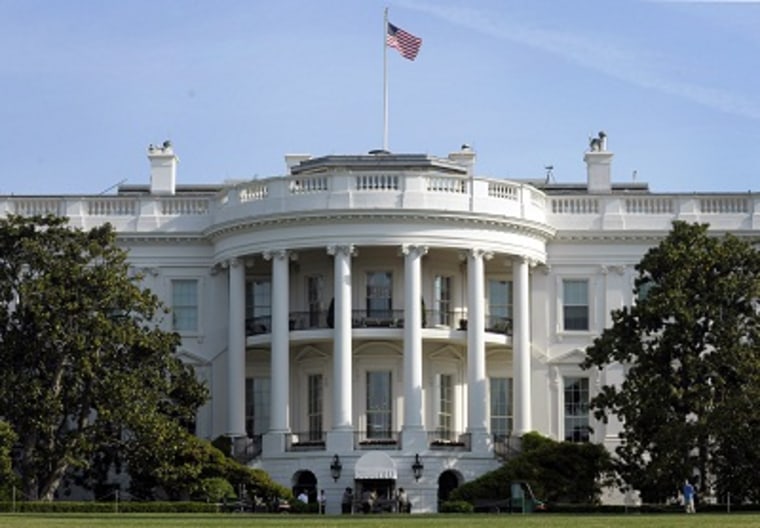A new report released by the National Intelligence Council predicts that the United States’ position as a hegemon, or sole superpower, in the international system will be challenged by the year 2030. In areas of power such as “GDP, population size, military spending and technological investment–Asia will surpass North America and Europe combined,” said the report.
“Global Trends 2030: Alternative Worlds" projects that the world will no longer be a unipolar system in which the U.S. sits comfortably on top. That era, which began after the fall of the Soviet Union, will be over in just a few decades. The report notes that the rapidly-growing economies of countries such as China, Brazil, and India have enjoyed emerging markets and large profits from global trade. Those countries' financial success has undermined America’s economic prowess but is unlikely to dethrone the United States as the most powerful nation in the world, said the report.
The National Intelligence Council argues that “due to the legacy of its leadership role in the world and the dominant role it has played in international politics across the board in both hard and soft power,” the U.S. will continue to be a “first among equals.”
The report also comments on the importance of the U.S.’s role as a global mediator. “The US position in the world also will be determined by how successful it is in helping to manage international crises…Should Asia replicate Europe’s 19th- and early 20th-century past, the United States will be called upon to be a balancer, ensuring regional stability.”
Citing changes related to the information age, the National Intelligence Council pointed out that the United States’ “technological assets” (including its social networking and rapid communications) give it an advantage over other states. The report also concludes that American power will have to be enhanced through diplomatic skill, describing international cooperation as a way to strengthen American influence and leadership through the promotion of democracy.
